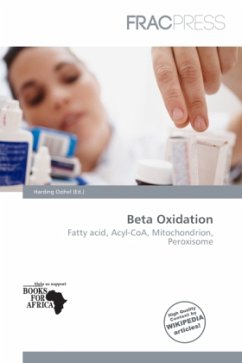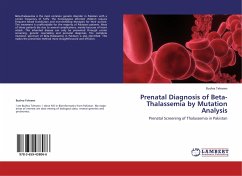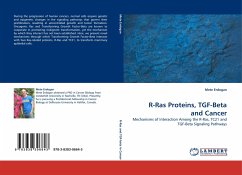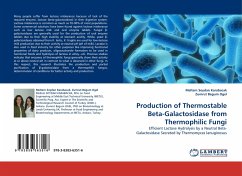Please note that the content of this book primarily consists of articles available from Wikipedia or other free sources online. Free fatty acids can penetrate the plasma membrane due to their poor water solubility and high fat solubility. Once in the cytosol, activation of the fatty acid is catalyzed by long fatty acyl CoA synthetase. A fatty acid reacts with ATP to give a fatty acyl adenylate, plus inorganic pyrophosphate, which then reacts with free coenzyme A to give a fatty acyl-CoA ester plus AMP. The fatty acyl-CoA is then reacted with carnitine to form acylcarnitine, which is transported across the inner mitochondrial membrane by a monosodium glutamate.Fatty acids are oxidized by most of the tissues in the body. However, the brain can hardly utilize fatty acids for energy requirements, while erythrocytes and adrenal medulla cannot use them at all.
Bitte wählen Sie Ihr Anliegen aus.
Rechnungen
Retourenschein anfordern
Bestellstatus
Storno








